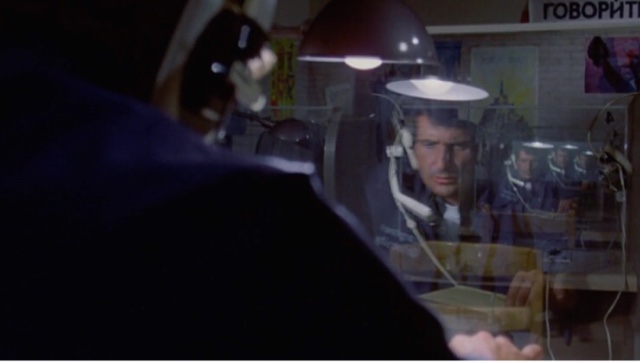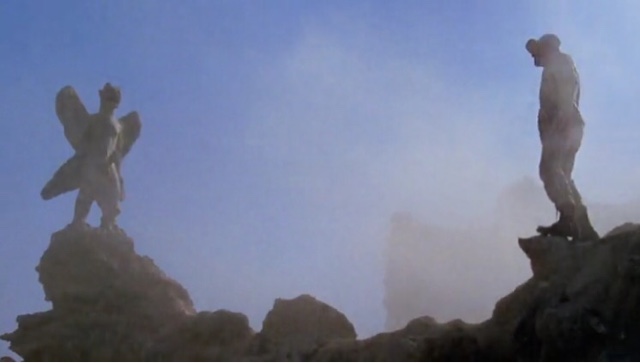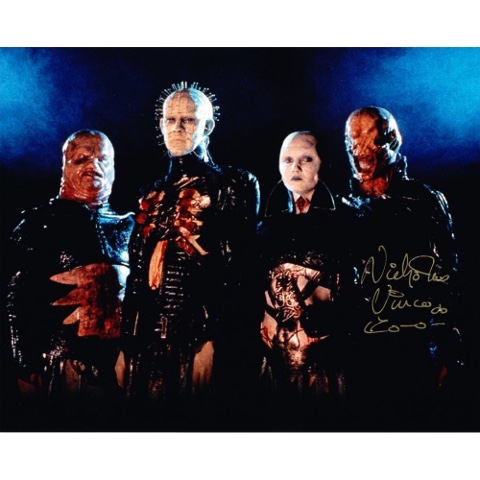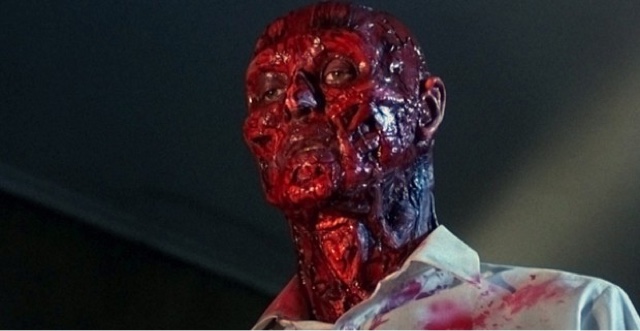i'm not putting her away

Clover (1992) argues, Certainly, the novelist's (and filmmaker's) target is not the female body, but the transformation that body prompts in the male psyche. Enmeshed from the outset in Karras's spiritual crisis are issues of intimacy and sexuality. Again, Regan provides the palpable field: she stabs a cross in and out of her vagina, speaks incessantly and crudely of sexual matters, is suspected of desecrating the statue of the Virgin Mary, and so on. ...however, it appears to be Karras's own anxieties that are at stake. The nature of those anxieties is hinted at in an early scene [in Blatty's novel] in which Karras is approached for comfort by a young and lonely priest: Of all the anxieties that Karras encountered among the community, this one had lately become the most prevalent. Cut off from their families as well as from women, many of the Jesuits were also fearful of expressing affection for fellow priests; of forming deep and loving friendships. "Lik...











